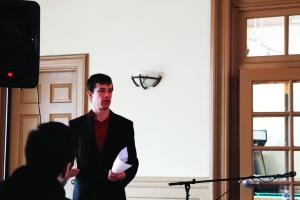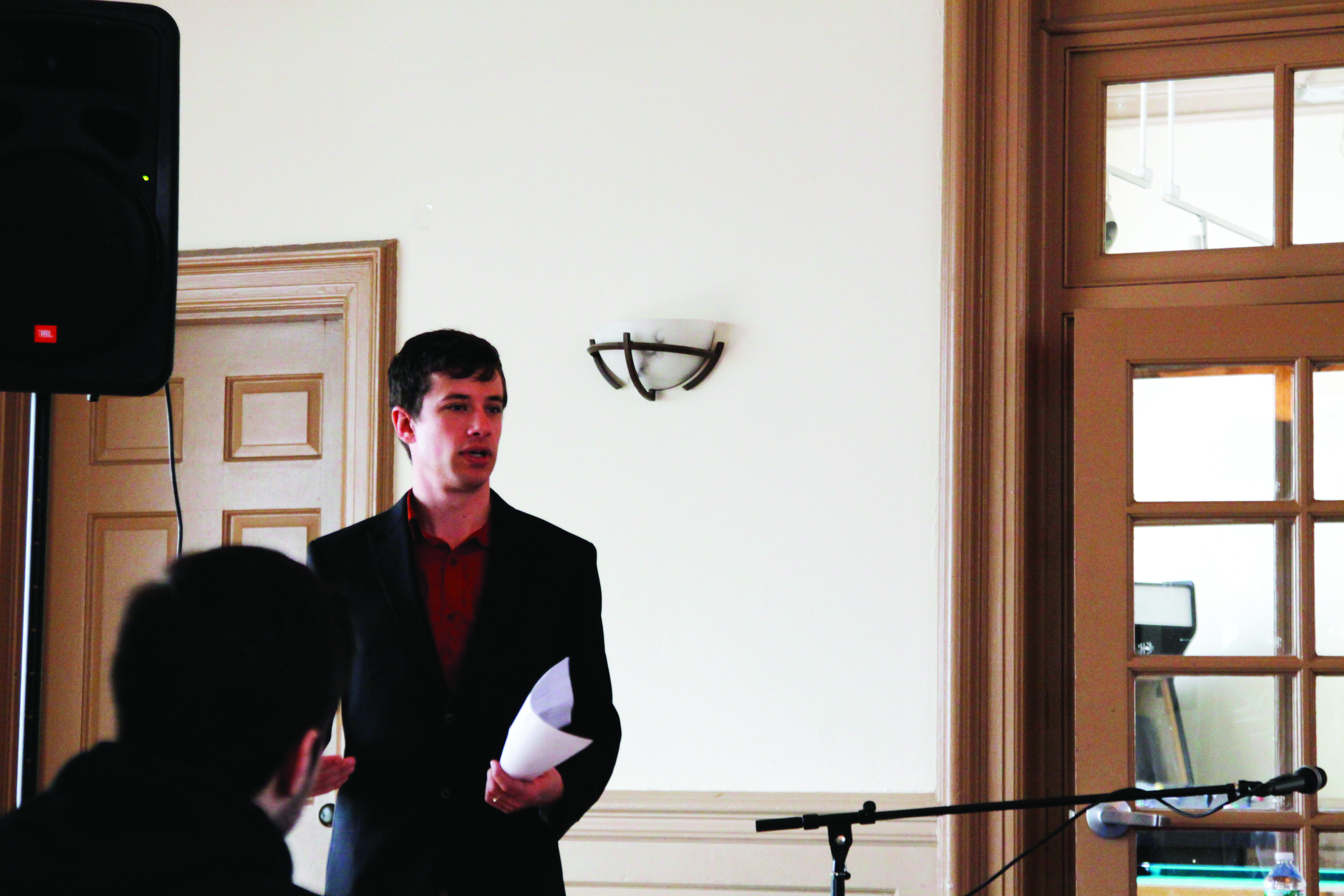
Despite the treacherous weather that’s plagued the state lately, Stevens has been on a roll with its weekly lecture series, held on Wednesdays. This week the annual Interfaith Dialogue took place in Jacobus and, as the name implies, the event brought together the religious student organizations of the university in a motion of unity and understanding of one another.
The Interfaith Dialogue is held by the Stevens Hillel, the Muslim Student Association, Stevens Christian Fellowship, and the Newman Catholic Association, and invites a panel of speakers from each respective religious affiliation to discuss modern-day topics of interest to students. For the attendees, regardless of one’s faith, all agreed it was an intriguing and informative way to spend the academic break.
As the panelists are united under monotheism, they decided to mete out the differences and come together to understand one another under the topic “Who is God, and How Do We Know Him?” Representing each faith were speakers from the Hudson Jewish Community, the Islamic Center of Passaic County, and ministers from churches around Hoboken.
“There are many parallels in the word of God around all monotheistic religions, not just the branches of Christianity,” noted Pastor Chris High. “The only difference is in the interpretation of the individual. Our views on faith vary as they vary on our other life choices.”
“Some say that men and women of faith are forced into or ‘brainwashed’ by religious doctrine, but that is simply untrue,” added Mohamed El Filali of ICPC. “Everyone has a choice to believe what they feel is right for them and, as my colleague mentioned, faith and submission is the choice of the individual. They may step out of it any time they choose. Many do not, not only because they were raised on such ideals but because they have found solace, found answers within them.”
But how might one come about knowing God?
“One knows God by asking questions of him, as you are asking questions of us,” added Oneg Sruli of HJC. “Ask questions, read scripture, piece it all together and there’s your answer. Faith can be an academic endeavor, just as your studies are here at school.”
So, if you find time between your studies to undertake such an endeavor, and if it so interests you, try and take a look at the events and discourse these religious student organizations have to offer. Each one has independent weekly events, including invitational ones for the entire student body to partake, as well as bonding events with other organizations to promote and achieve understanding among students of different backgrounds.

Be First to Comment